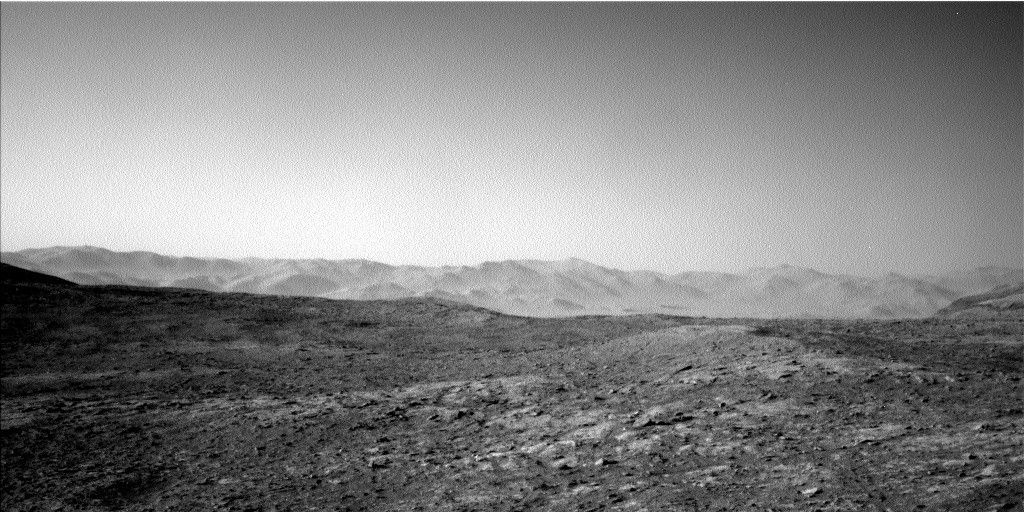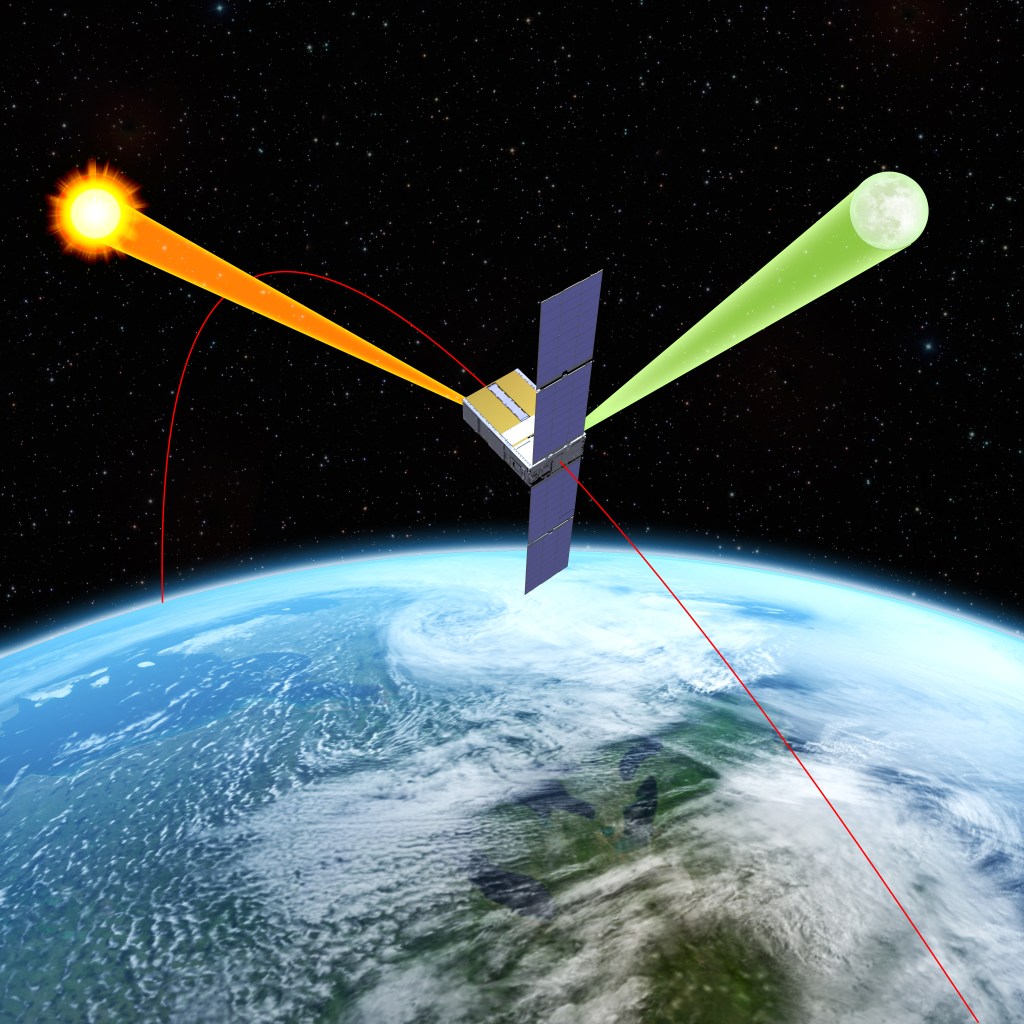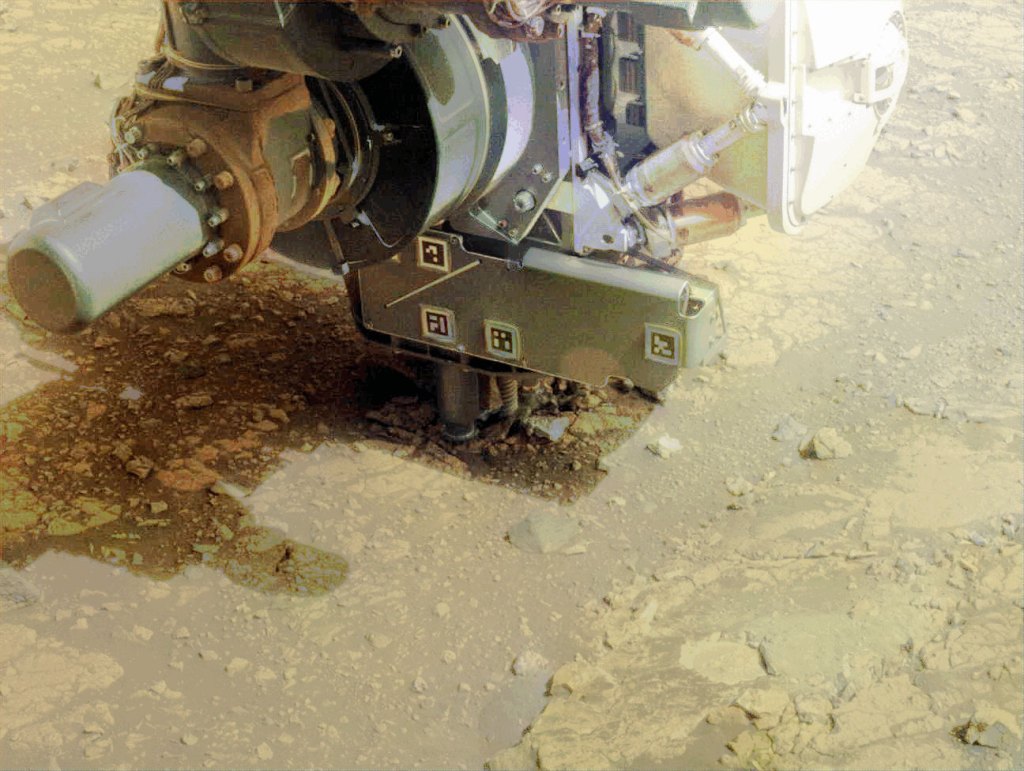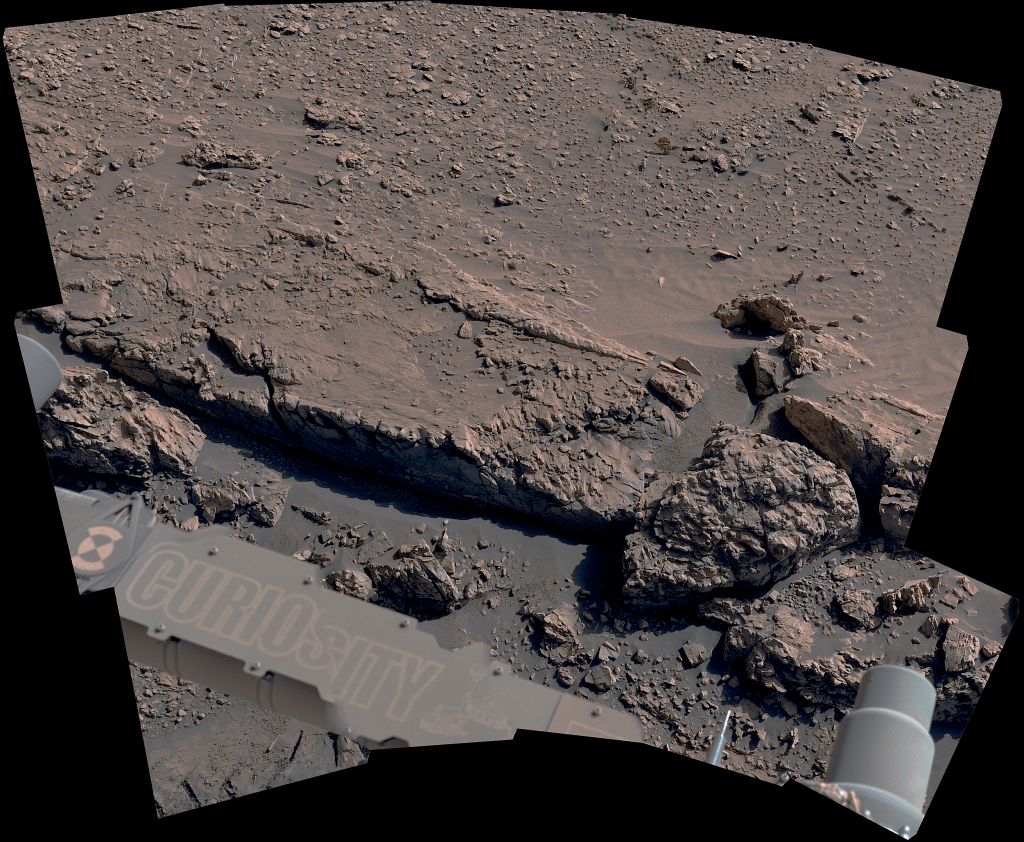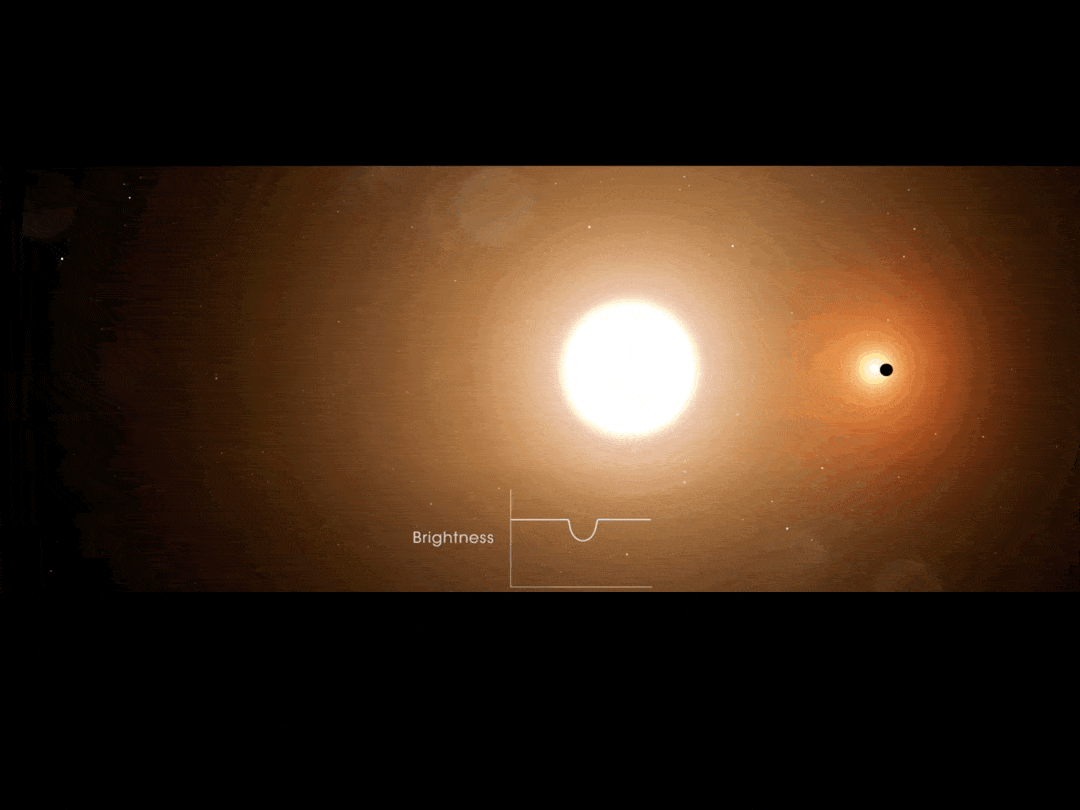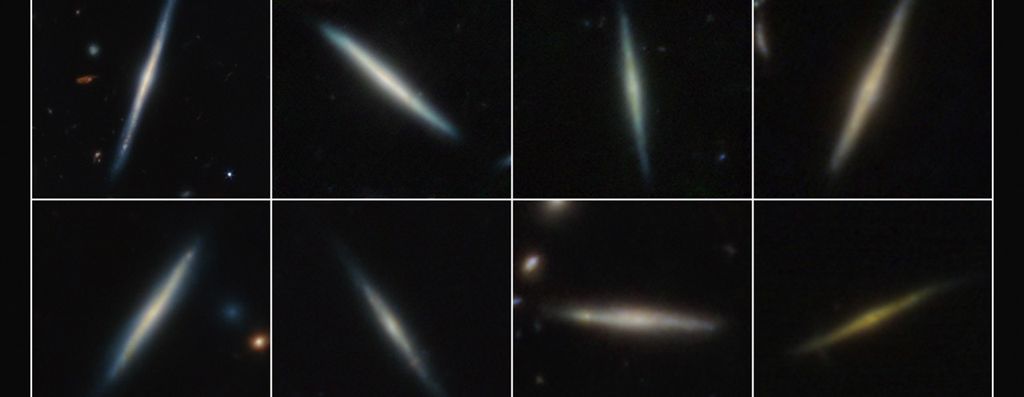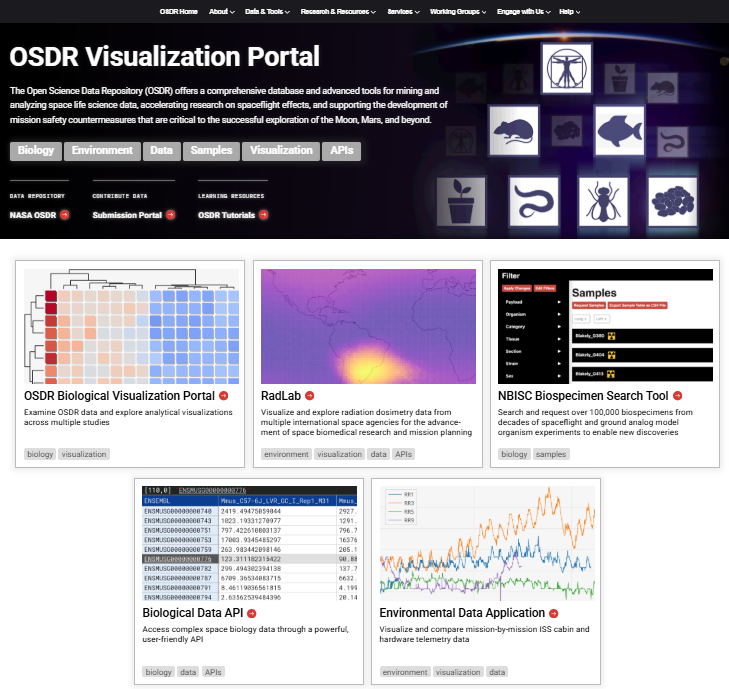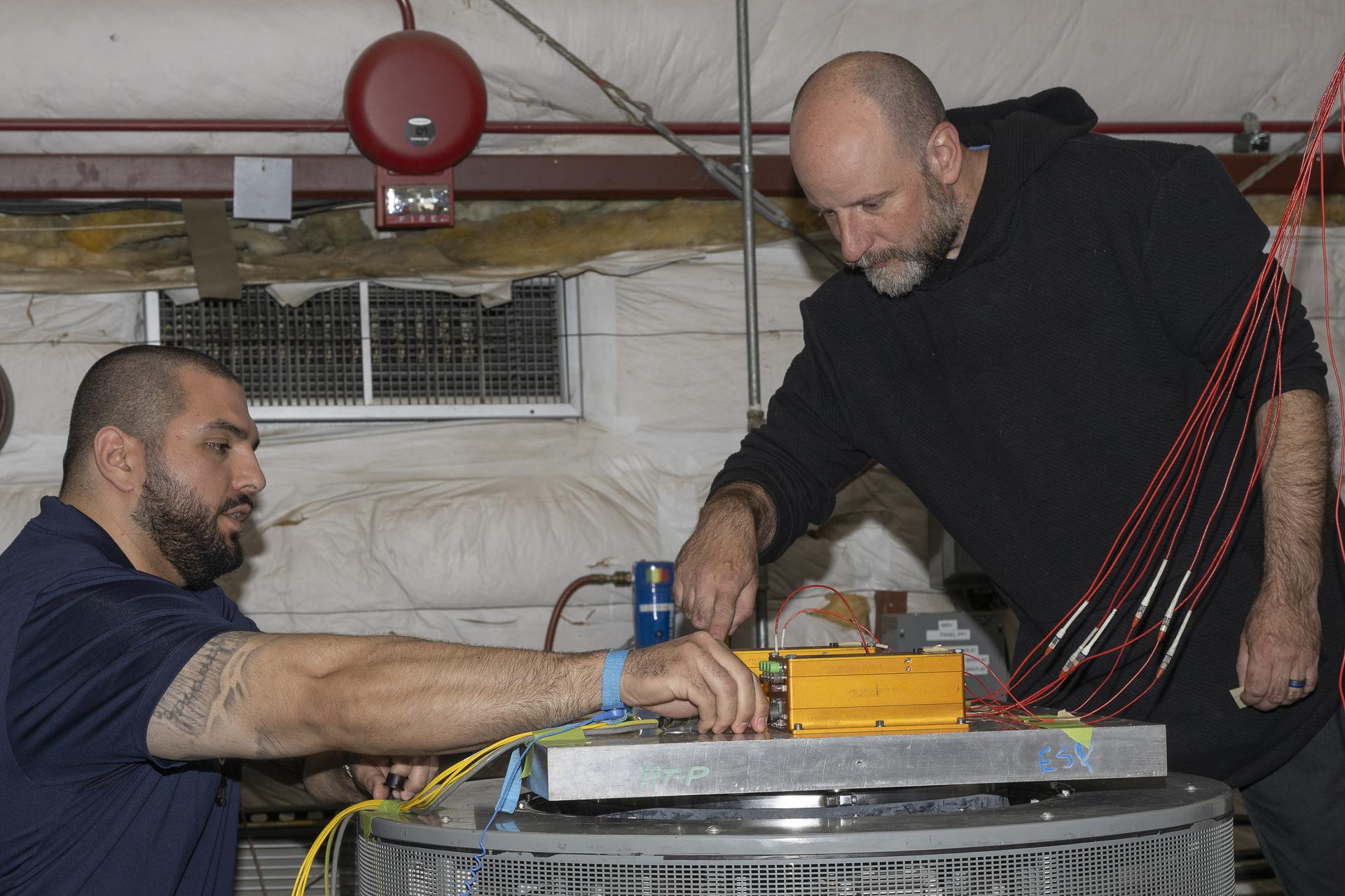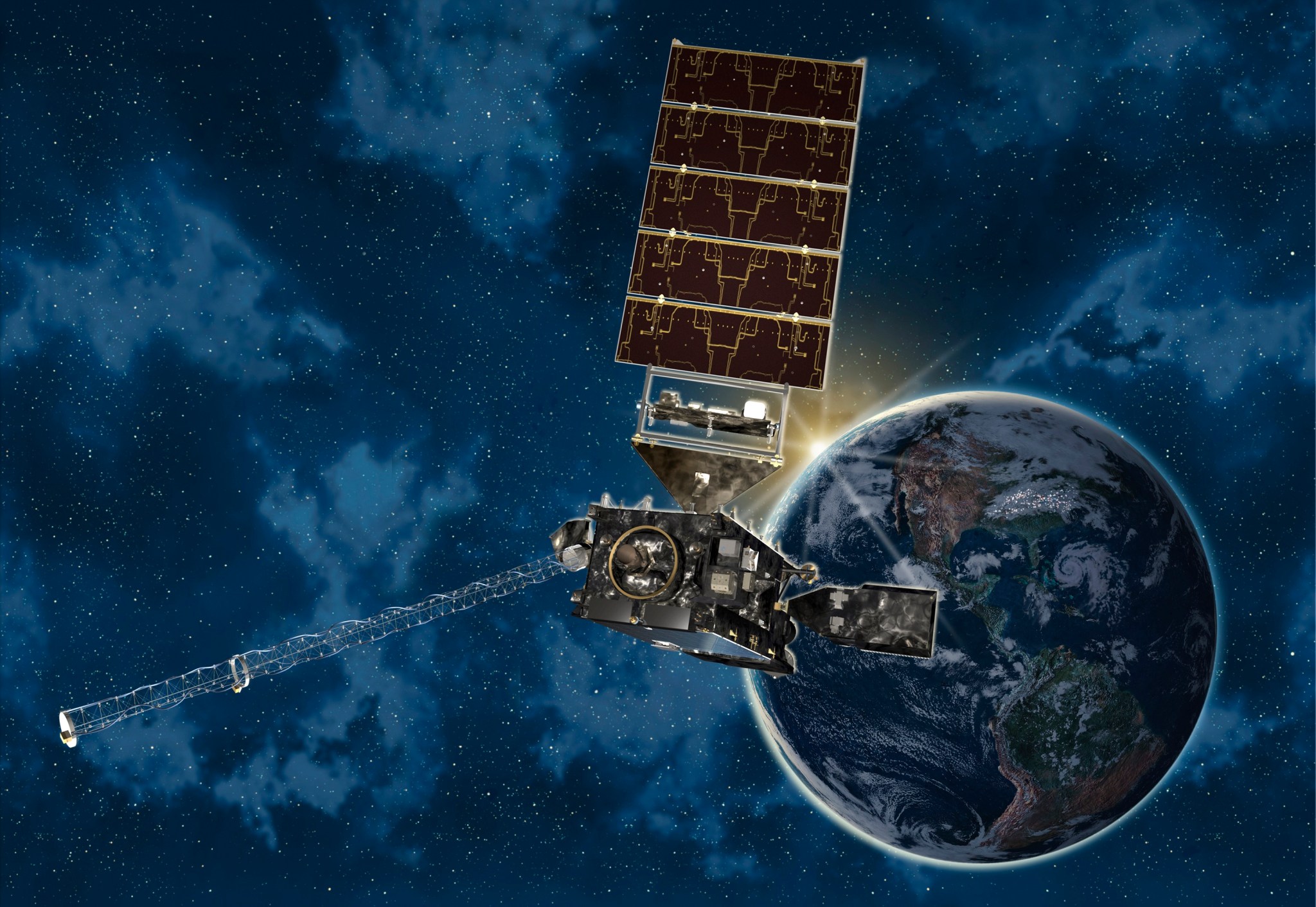Media accreditation is open for the launch Thursday, March 1, of the second in the National Oceanic and Atmospheric Administration’s (NOAA’s) series of next-generation geostationary weather satellites.
NOAA’s Geostationary Operational Environmental Satellite-S (GOES-S) is scheduled to launch at 5:02 p.m. EST on a United Launch Alliance Atlas V rocket from Cape Canaveral Air Force Station (CCAFS) in Florida. GOES-S is the second in the GOES-R Series of weather satellites that includes GOES-R (now GOES-16), -S, -T and -U.
Media prelaunch and launch activities will take place at CCAFS and NASA’s neighboring Kennedy Space Center. International media without U.S. citizenship must apply by 4:30 p.m.Tuesday, Feb. 13, for access to Kennedy media activities only. U.S. media must apply by 4:30 p.m. Monday, Feb. 19. All media accreditation requests should be submitted online at:
For questions about accreditation, please email ksc-media-accreditat@mail.nasa.gov. For other questions, or additional information, contact Kennedy’s newsroom at 321-867-2468.
GOES-S will be renamed GOES-17 when it reaches geostationary orbit. Once the satellite is declared operational late this year, it will occupy NOAA’s GOES-West position and provide faster, more accurate data for tracking wildfires, tropical cyclones, fog and other storm systems and hazards that threaten the western United States, Hawaii, Alaska, Mexico, Central America and part of South America.
NOAA manages the GOES-R Series program through an integrated NOAA/NASA office and oversees the acquisition of the program ground system. NASA oversees the acquisition of the spacecraft, instruments and launch vehicles. Lockheed Martin Space of Littleton, Colorado, built the spacecraft and is responsible for spacecraft development, integration and testing.
Mission operations will be performed by NOAA at the NOAA Satellite Operations Facility in Suitland, Maryland. Harris Corp. of Melbourne, Florida, provided the main instrument payload, the Advanced Baseline Imager, and the ground system, which includes the antenna system for data receipt. NASA’s Launch Services Program is responsible for launch management. United Launch Alliance of Centennial, Colorado, is the provider of the Atlas V launch service.
-end-
Steve Cole
Headquarters, Washington
202-358-0918
stephen.e.cole@nasa.gov
Tori McLendon
Kennedy Space Center, Fla.
321-867-2468
tori.n.mclendon@nasa.gov
John Leslie
National Oceanic and Atmospheric Administration, Washington
301-713-0214
john.leslie@noaa.gov




